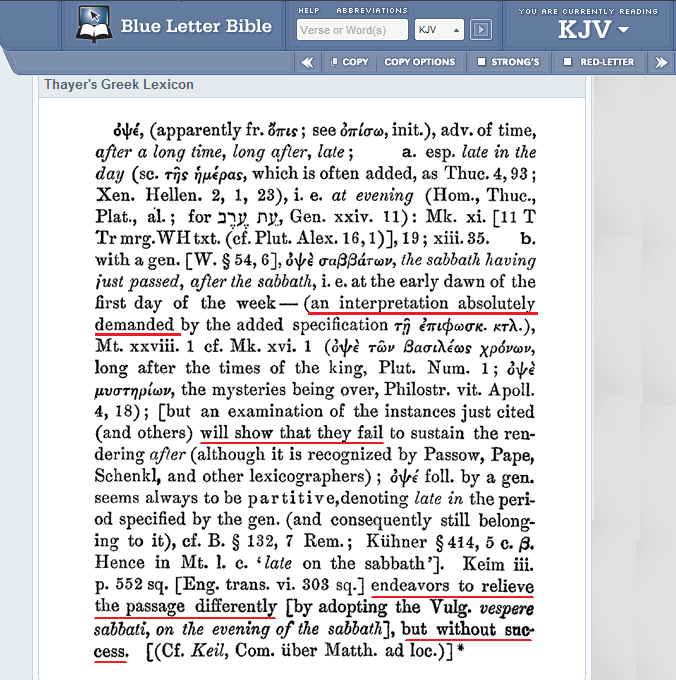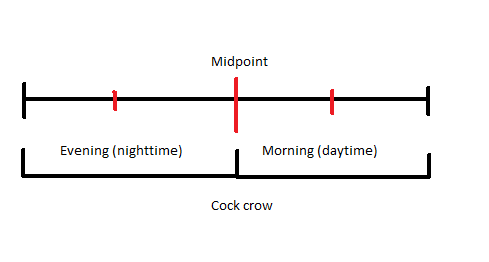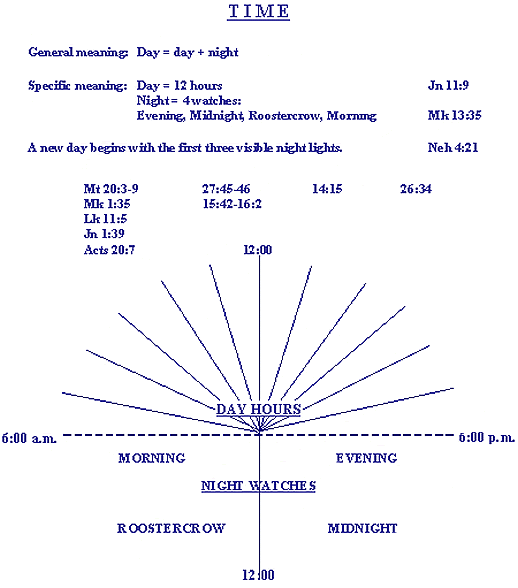Now we turn to chapter 28 with Jesus in the tomb. Three days later, at the end of the Sabbath, as it began to dawn toward the first day of the week, came Mary Magdalene and the other Mary, mentioned in chapter 27 who was the mother of James and Joses. Mary Magdalene and the other Mary come that Sunday morning to see the sepulchre.
NO.
Matthew 28 is not saying that
New International Version (©2011)
After the Sabbath, at dawn on the first day of the week, Mary Magdalene and the other Mary went to look at the tomb.
New Living Translation (©2007)
Early on Sunday morning, as the new day was dawning, Mary Magdalene and the other Mary went out to visit the tomb.
English Standard Version (©2001)
Now after the Sabbath, toward the dawn of the first day of the week, Mary Magdalene and the other Mary went to see the tomb.
New American Standard Bible (©1995)
Now after the Sabbath, as it began to dawn toward the first day of the week, Mary Magdalene and the other Mary came to look at the grave.
King James Bible (Cambridge Ed.)
In the end of the sabbath, as it began to dawn toward the first
day of the week, came Mary Magdalene and the other Mary to see the sepulchre.
Holman Christian Standard Bible (©2009)
After the Sabbath, as the first day of the week was dawning, Mary Magdalene and the other Mary went to view the tomb.
International Standard Version (©2012)
After the Sabbaths, around dawn on the first day of the week, Mary Magdalene and the other Mary went to take a look at the burial site.
NET Bible (©2006)
Now after the Sabbath, at dawn on the first day of the week, Mary Magdalene and the other Mary went to look at the tomb.
Aramaic Bible in Plain English (©2010)
But on the eve of the Sabbath, when the first of the week was dawning, Maryam Magdalitha and the other Maryam came to see the tomb.
GOD'S WORD® Translation (©1995)
After the day of worship, as the sun rose Sunday morning, Mary from Magdala and the other Mary went to look at the tomb.
King James 2000 Bible (©2003)
At the end of the sabbath, as it began to dawn toward the first day of the week, came Mary Magdalene and the other Mary to see the sepulcher.
American King James Version
In the end of the sabbath, as it began to dawn toward the first day of the week, came Mary Magdalene and the other Mary to see the sepulcher.
American Standard Version
Now late on the sabbath day, as it began to dawn toward the first day of the week, came Mary Magdalene and the other Mary to see the sepulchre.
Douay-Rheims Bible
AND in the end of the sabbath, when it began to dawn towards the first day of the week, came Mary Magdalen and the other Mary, to see the sepulchre.
Darby Bible Translation
Now late on sabbath, as it was the dusk of the next day after sabbath, came Mary of Magdala and the other Mary to look at the sepulchre.
English Revised Version
Now late on the sabbath day, as it began to dawn toward the first day of the week, came Mary Magdalene and the other Mary to see the sepulchre.
Webster's Bible Translation
In the end of the sabbath, as it began to dawn towards the first day of the week, came Mary Magdalene, and the other Mary to see the sepulcher.
Weymouth New Testament
After the Sabbath, in the early dawn of the first day of the week, Mary of Magdala and the other Mary came to see the sepulchre.
World English Bible
Now after the Sabbath, as it began to dawn on the first day of the week, Mary Magdalene and the other Mary came to see the tomb.
Young's Literal Translation
And on the eve of the sabbaths, at the dawn, toward the first of the sabbaths, came Mary the Magdalene, and the other Mary, to see the sepulchre,









